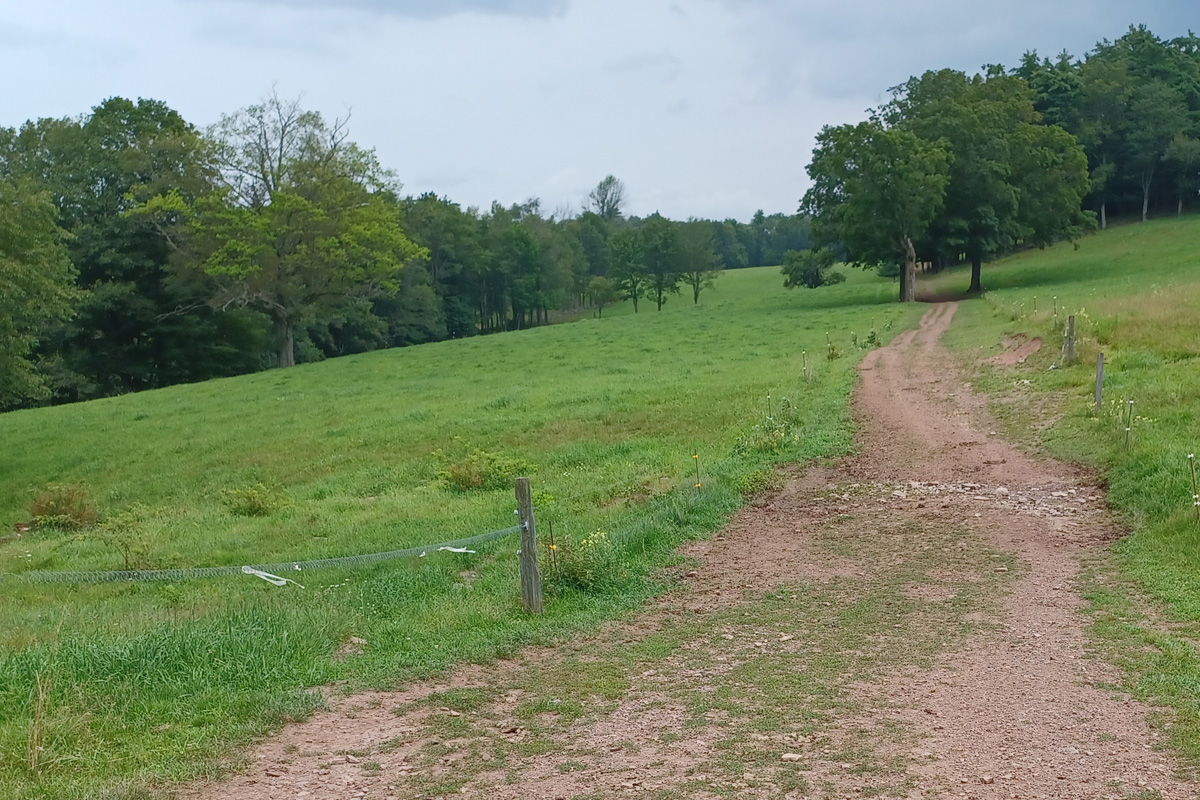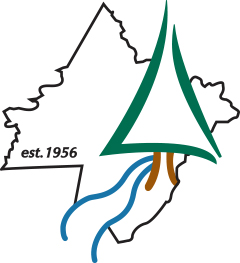
Agriculture Erosion & Sediment Control
Soil erosion is the process of wearing away and moving soil by wind or water. On Pennsylvania farms, rainfall and runoff usually causes erosion; however, on-farm management decisions can accelerate erosion. Accelerated soil erosion results in losing productive topsoil, leading to lower crop yields and reduced soil fertility.
To protect against accelerated soil erosion and potential sedimentation, Pennsylvania farms with agricultural land disturbance greater than or equal to 5,000 square feet must develop an Agricultural Erosion and Sediment Control Plan (Ag E&S Plan). Agricultural land disturbance can include plowing, tilling (including no-tilling), and animal heavy use areas. Pennsylvania farms with less than 5,000 square feet of agricultural land disturbance are not required to write an Ag E&S Plan but are expected to use best management practices to protect against accelerated soil erosion (Clean Streams Law 25 Pa. Code § 102.4(a)).
An Ag E&S Plan documents a farm's crop rotations, tillage practices, and calculated average annual soil loss across the crop rotation (A value) which should be less than the tolerable soil loss (T value). Implemented and planned best management practices to minimize erosion on all cropland, hayland, pastures, and animal heavy use areas are also included in an Ag E&S Plan. For more information about A values and T values refer to Educational Materials, A Values and T Values: What is That All About?
The above information is quoted directly from the Penn State Extension website. Visit the link to learn more about Ag E&S plans and for tools to develop your plan.

Resources
PA Department of Environmental Protection (DEP):
Agriculture Erosion and Sediment Control
Fillable Template for Writing Ag E&S Plans
Soil Erosion and Sediment Control Manual for Agricultural Operations
Penn State Extension:
Agricultural Erosion and Sediment Control Planning Resources
